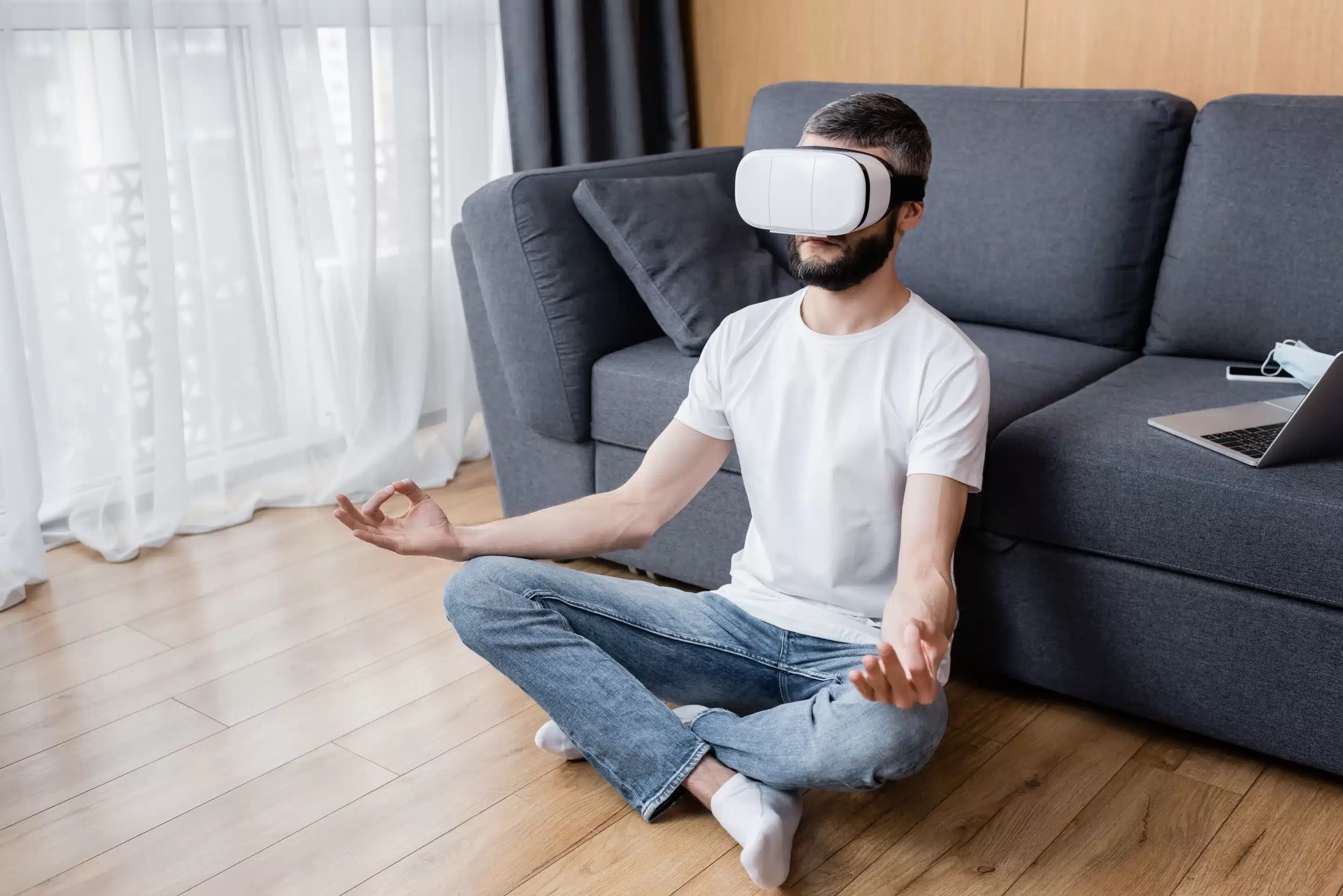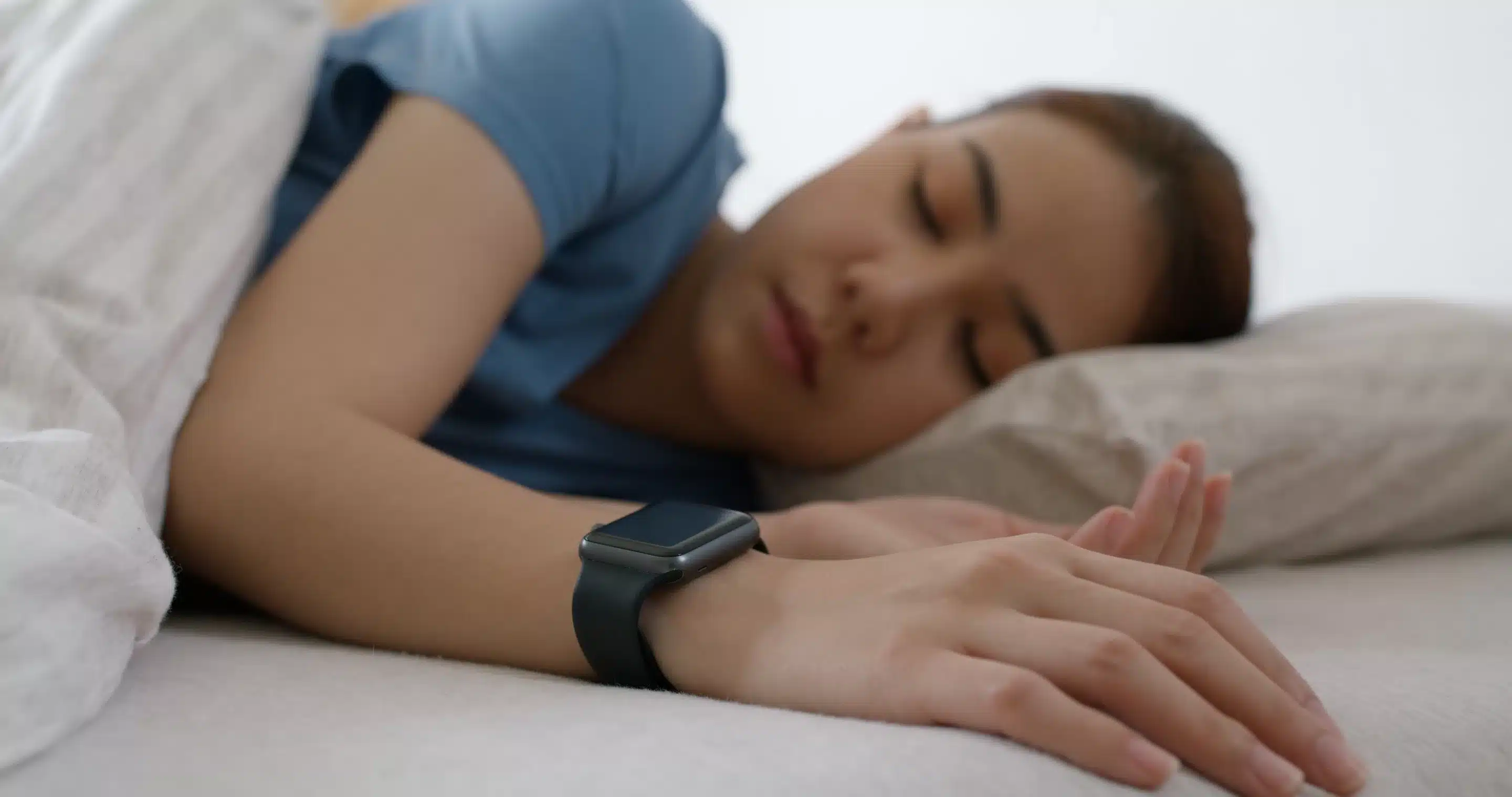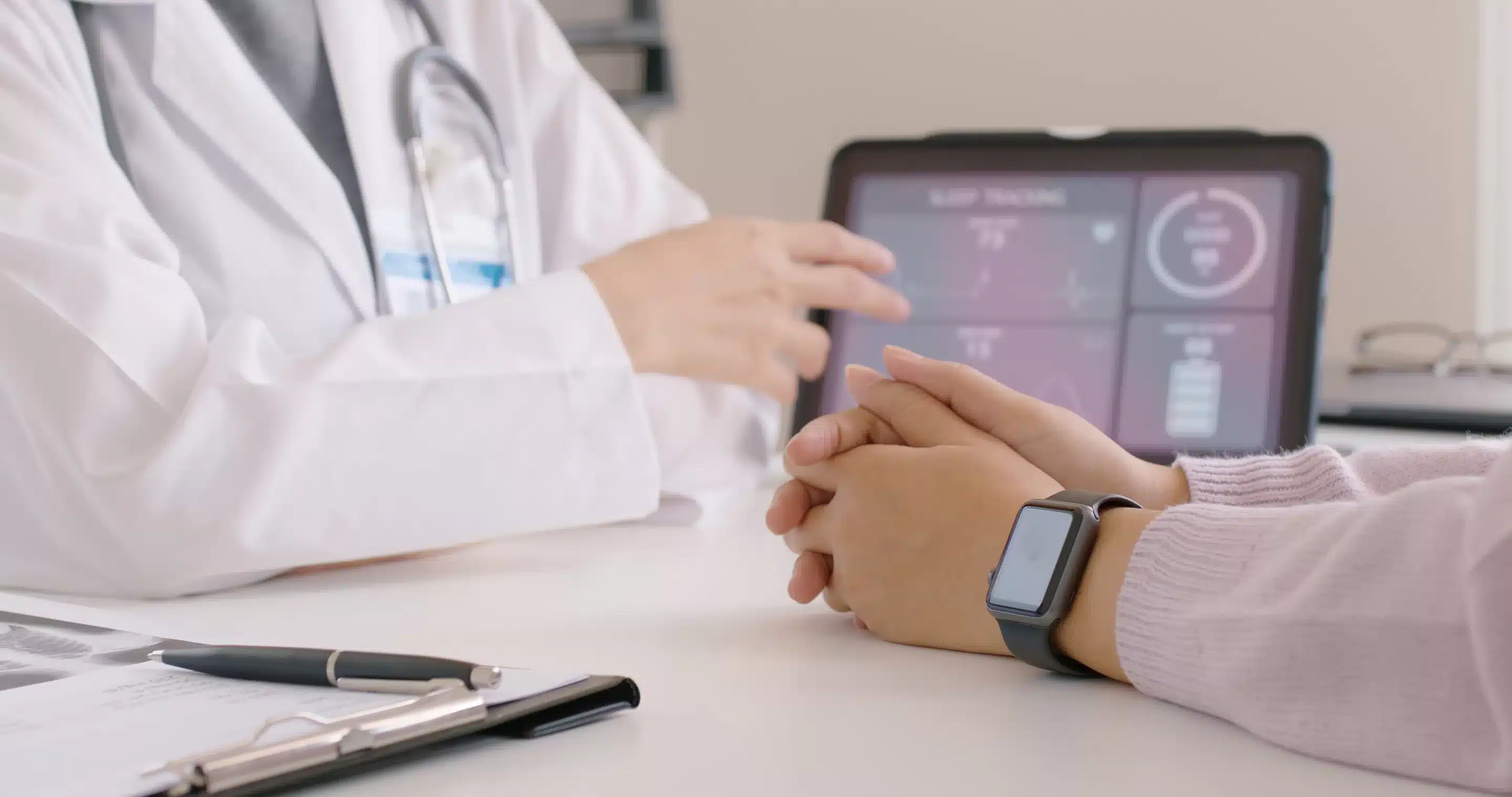KEY TAKEAWAYS
- Wearables have been regularly used to monitor physical activity and sleep, and are now being used for tracking mood changes.
- There are many challenges with wearables, ranging from data privacy concerns to difficult user interfaces.

Wearable technology has been around for decades, but only recently have these gadgets become so affordable and commonplace. These devices are being used in many different ways, from tracking fitness goals to measuring stress levels.
There are several different kinds of wearables available today, such as smartwatches, fitness trackers, and sleep monitors. Smartwatches are small wristbands that connect to smartphones via Bluetooth. Fitness trackers are similar to smartwatches, except they measure steps taken, calories burned, and other metrics. Sleep monitors are worn on the chest and measure breathing rate, body temperature, and movement.
Wearables for Physical Activity






- The devices have limitations in evaluating subjective symptoms
- Patients do not use these consistently long-term, reflecting their low ability to make a large impact on the wearer
- The devices may not be accurate, leading to frustration
- The user may have concerns regarding privacy
- The feedback may not always be actionable
If you are struggling with substance or alcohol use, depression, or anxiety, intensive outpatient may be right for you. Contact us at (888) 730-5220 or contact us to begin the process of healing today!









